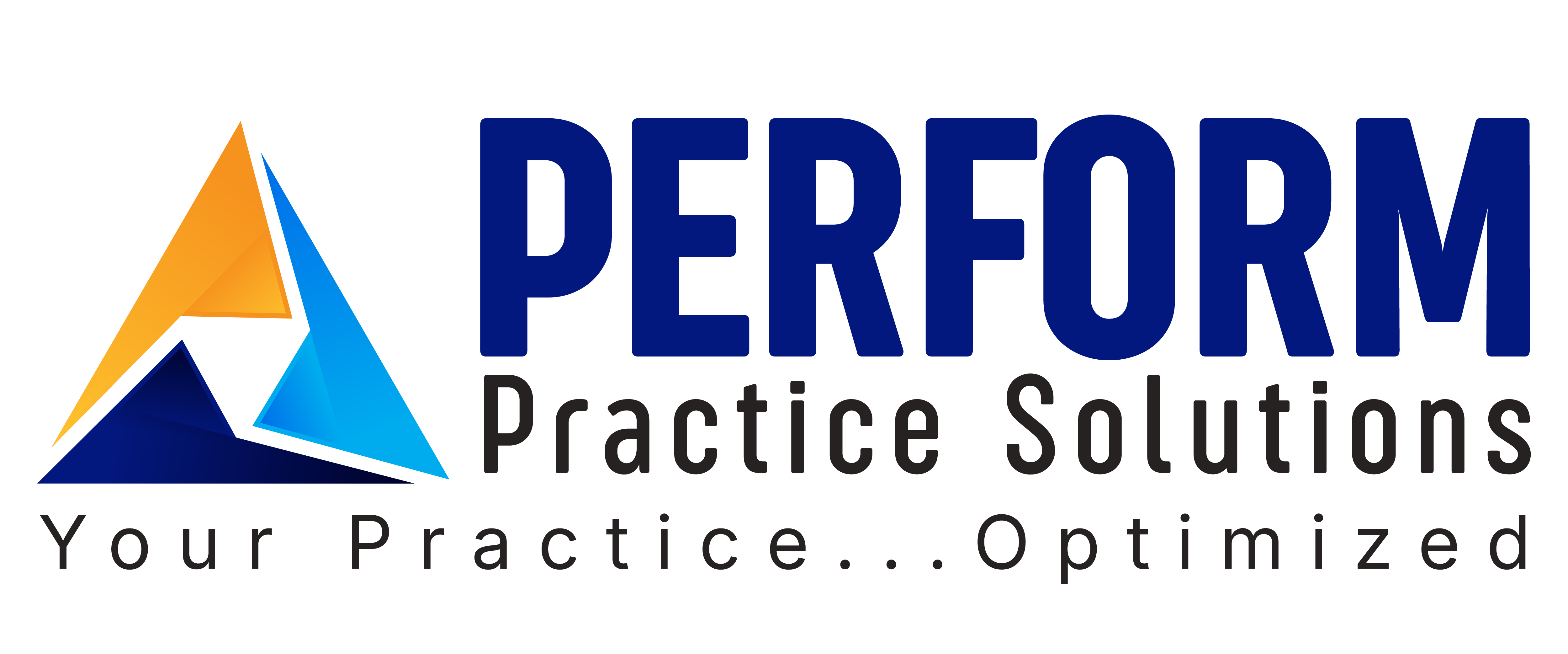In order to run a successful practice, we have to listen – to our staff and patients, and at times their supportive caregivers and family. Being a ‘good listener’ is a learned skill for most of us, and works beyond just being quiet, but active empathy and truly hearing people. This article might help you with your relationships with your staff and patients.
If you want insights in getting your practice to the next level – we are always here to listen – AND help! We have many customized solutions for your billing, eligibility, marketing challenges – and more.PerformPT.net (833) 764-0178
Many of us think we listen without really having to try. And perhaps we do. Very often though we are merely hearing, in other words picking up sound through our ears. Listening is a different activity altogether. It requires focus, concentration, and effort.
There’s a lot of difference between listening and hearing.” ~ G.K. Chesterton
We are not talking here about social listening, the back and forth of conversation with very little focus on the speaker’s experience or concerns. What we are talking about is listening of the deep and powerful variety, so rare yet so essential for success – everywhere in our lives.
This kind of listening is a conscious activity – participating in a conversation even while remaining silent. It requires us to engage with someone else, putting aside our own concerns or agenda and giving them our total focus. Most of us aren’t taught to function in this way. We are far more likely to focus first on our own agenda and what we want and need.
Deep and powerful listening can be learned – but it can’t be faked. If we don’t believe in the value of listening, people will see through us, sensing our impatience, frustration, insincerity. When we recognize and value the incredible benefits of a deeper level of listening, we give ourselves a transformative tool to build our relationships and deliver results.
As Bernard Ferrari says in ‘Power Listening’, this kind of listening is at the front-end of decision-making. It gives us better information on which to base our decisions. It makes people feel included, valued and respected. It is a vital part of motivation and engagement.
“Most people do not listen with the intent to understand; they listen with the intent to reply.” Stephen R. Covey
What characterizes powerful listening? For a start, powerful listeners are ‘other-directed’ rather than focused on the self. Instead of hijacking a conversation for their own ends, they strive to be fully present and in-the-moment with the speaker.
They seek to understand the thoughts, feelings, and views of the speaker, rather than assuming they are the same as their own. They build rapport through eye contact and body language, allowing silence, warmth and caring, rather than questions, to draw the speaker out.
They listen as a receiver, rather than as a judge or critic. This means that they are neither racing ahead in their own mind to find a solution, nor are they interpreting what they hear as good or bad, right or wrong, stupendous or stupid. Instead, they check their perceptions of what the speaker is saying, meaning, thinking and feeling.
Ironically, because they seek to understand the other person rather than instantly responding from their own perspective, they create a climate that is more conducive to healthy debate and to finding a solution or agreement.
Taking the concept of deep listening out of the realms of theory and into a fast-paced, pressured business environment may seem almost impossible. It isn’t. Neither is it required each time every day. Half the battle is becoming aware of when we must listen at this level because we recognize the consequences of not doing so.
This does not mean allowing people to run on endlessly unchecked. It may, however, mean allowing the person you often cut off – because they keep repeating the same thing over and over again – to actually have their say, while you listen, seek to understand their views and feelings, and demonstrate that you have done so through your response. If you truly hear this person, and he or she knows it, they no longer need to battle to be heard and your influence over how they shape their communication grows considerably. Everyone wins.
If you would like to meet our friends at Third Level, just click the link to read more. They are hugely instrumental in getting Teams to work together efficiently.
Tell them we sent you!
Reference: https://thirdlevel.com/the-power-of-listening-2/




